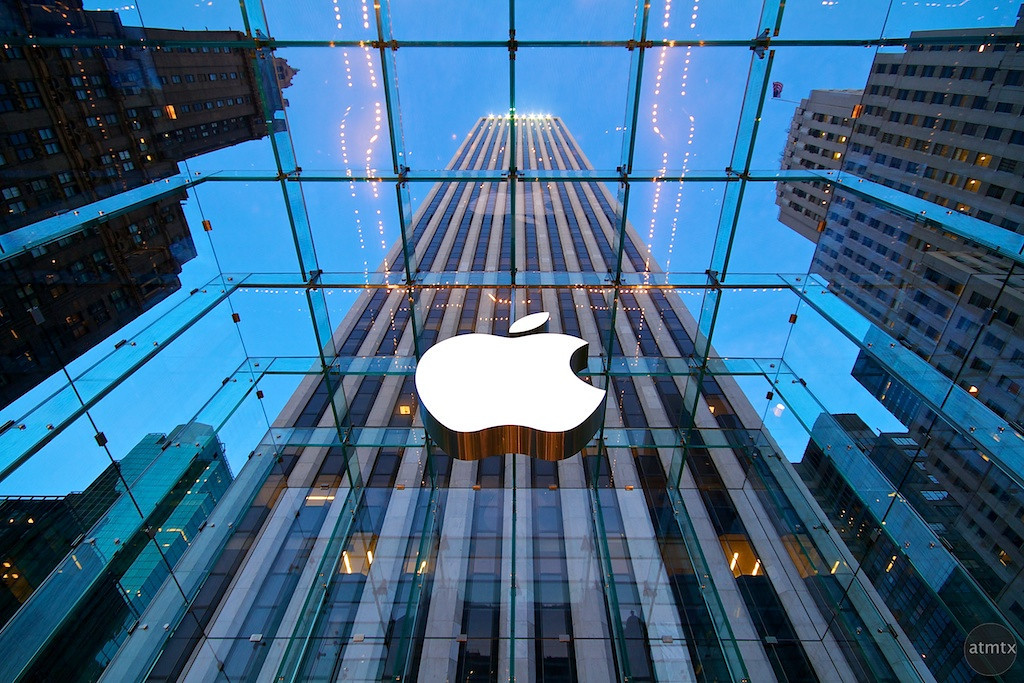This week, Apple announced new features aimed at bolstering privacy for users of its computers and mobile devices. The company has long trumpeted its focus on privacy, with CEO Tim Cook calling it “a human right.”
Shelly Brisbin, Texas Standard’s web editor, says some Apple initiatives are controversial, especially among other tech companies. With the new set of tools, Apple hopes to lure more users to its side of the argument.
Apple has fought law enforcement attempts to force the company to break into iPhones belonging to criminal suspects, saying that doing so would make it more likely that bad actors could break into anyone’s phone. On the other hand, a report this week in The New York Times says the company was forced by the Department of Justice to turn over iPhone data belonging to Democratic members of Congress and their families as part of a White House leak investigation during the Trump administration.
Apple’s privacy stance is sometimes unpopular among fellow tech giants, including Facebook, which has pushed back against App Tracking Transparency, an iPhone feature that lets users opt out of allowing apps to track what they do on their phones when not using the app.
Three new privacy features will debut this fall in iOS 15 on the iPhone and iPad, and macOS Monterey, for Mac computers.
– Mail Privacy Protection: Tell Apple Mail that you don’t want email senders to be able to identify your IP address, or to know whether you’ve opened an email they’ve sent. Email senders identify who has opened their messages with hidden pixels – invisible images that load when you open the email. Marketers, and even newsletter publishers worry that this will vastly limit their understanding of how well their emails are working.
– Hidden Email: Instead of using your primary email address to log into websites, you’ll be able to create secret addresses. When the site you’ve logged into sends email advertising or other unwanted messages, they’ll go to the secret address; not the one you actually use.
– iCloud Private Relay: Like a virtual private network, or VPN, iCloud Private Relay encrypts network traffic between you and the websites you visit, so long as you’re using Apple’s Safari web browser. Many employees who work from home use VPNs to safely log into their office network, without putting company information at risk of being hacked. iCloud Private Relay also resembles Google Chrome’s Incognito feature, which doesn’t share information about you with websites you visit.
Email Privacy Protection will be included with updates to iOS and macOS software later this year. To get Hidden Email and iCloud Private Relay, you’ll need an iCloud Plus account, which will cost you between $1 and $10 per month.
















